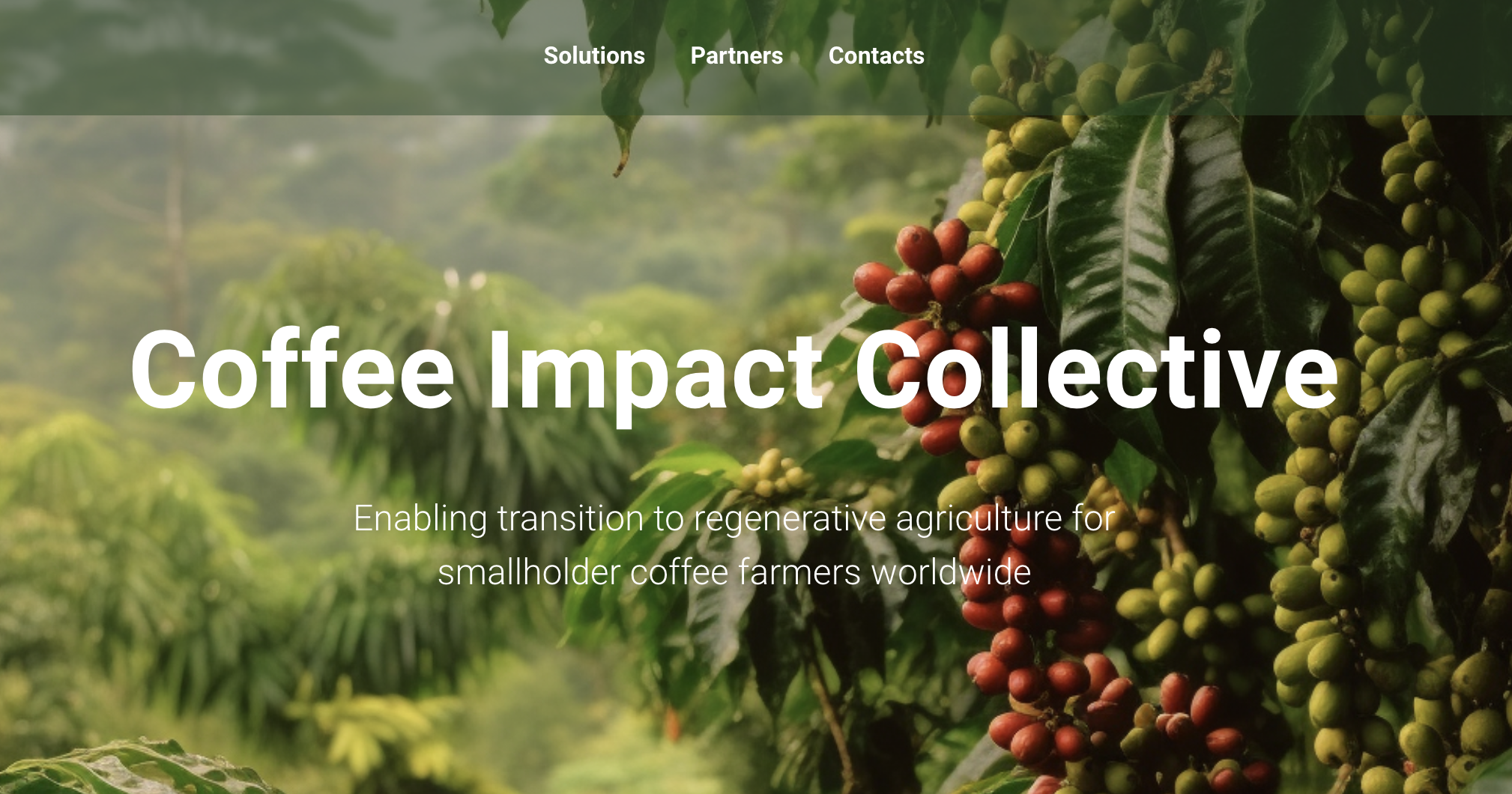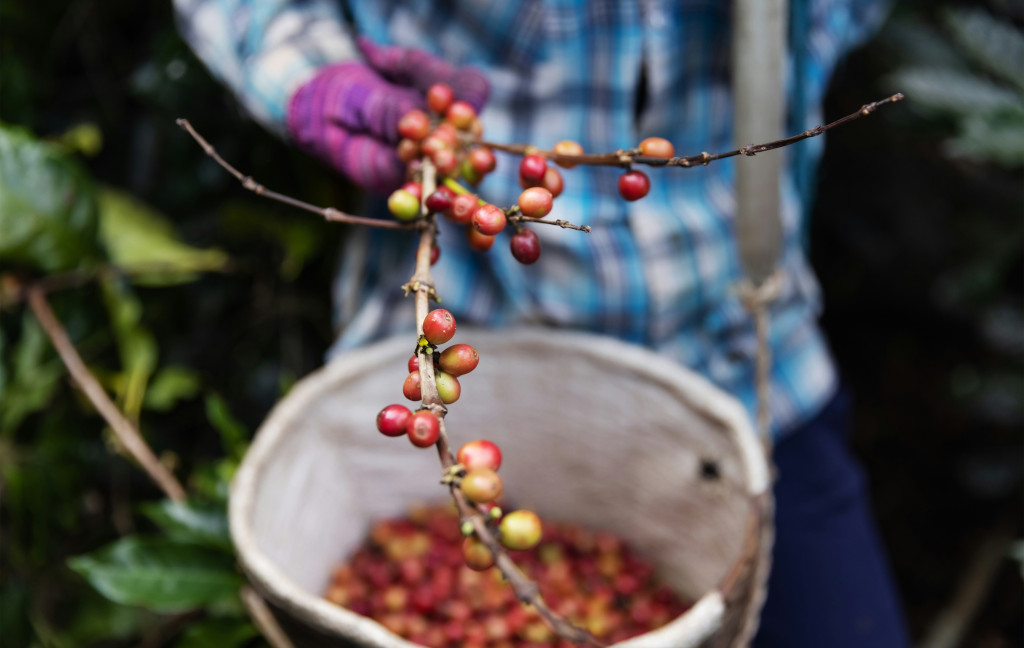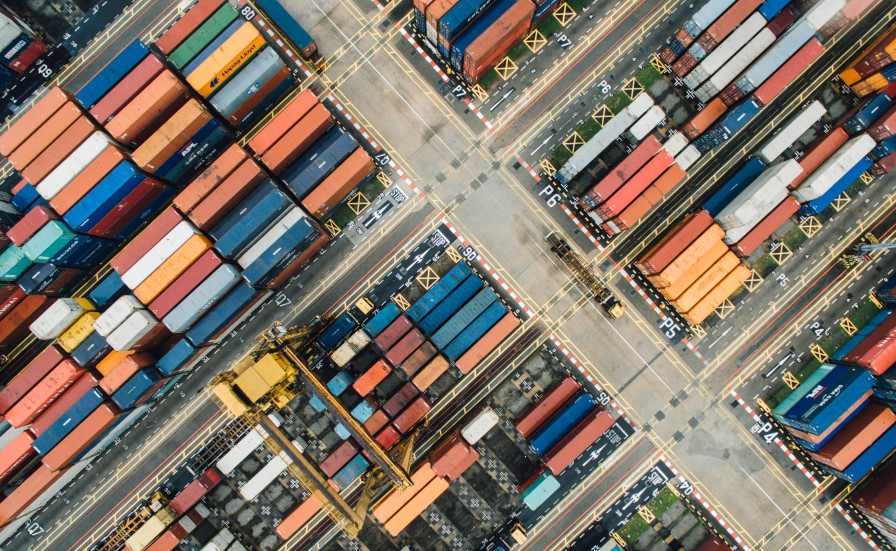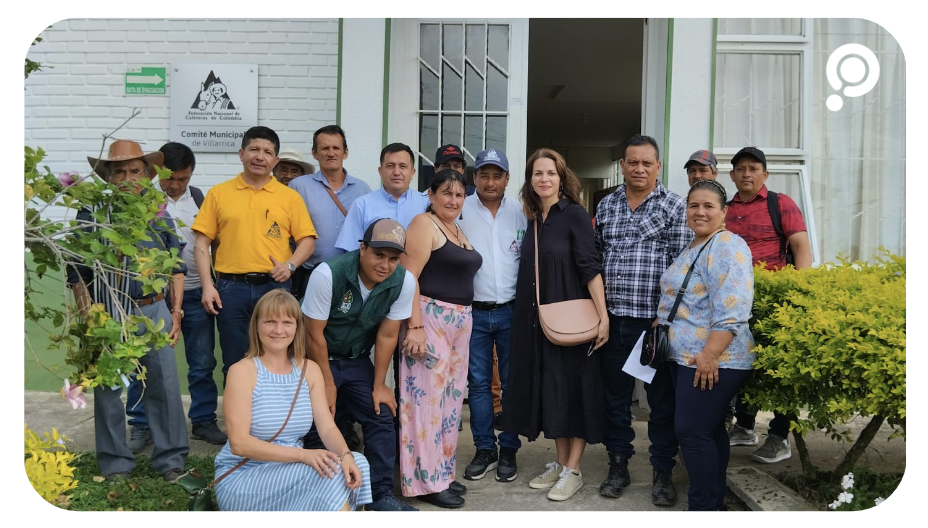Regenerative Coffee Program
Join the initiative!
About the project
Planet2050 has launched a unique Regenerative Coffee Insetting Program with Coffee Impact Collective focusing on the creation of a digital infrastructure connecting carbon and biodiversity projects with sustainably-driven stakeholders in the coffee and cocoa value chains.

United for sustainable value chains with Coffee Impact Collective
The initiative intends to bring together multiple stakeholders and project partners to promote and scale the development of Regenerative Agriculture practices, investigate new carbon/biodiversity methodologies and digital traceability approaches in sustainable commodities especially in coffee and cocoa farming.


Addressing Commodity issues at the Core
Global coffee demand is expected to triple by 2050. However, climate change impacts will reduce the area suitable for growing coffee by up to 50% and increase the risk of deforestation
95% of producers are smallholder farms operating in highly biodiverse ecosystems. Yet, they are not rewarded for their stewardship. Instead, many live in financial instability and are at risk of discontinuing production.
Due to small plot sizes, these farmers are excluded from carbon markets and may soon from the EU coffee market due to the EU Deforestation Regulation (EUDR) requirements.

Coffee buyers going Net Zero
One cup at a time
On the demand side commodity buyers, traders, and corporates are under pressure to meet their Net-Zero and Nature targets.
They seek direct, transparent, inclusive actions make value chains more sustainable, fair, reduce their carbon footprint (Scope 3) and contribute to nature preservation.
For companies sourcing agricultural commodities, up to 90% of supply chain emissions (Scope 3) originates at farm level crop production.
Impact of coffee life cycle
Coffee has a significant climate footprint, which depends on how and where it is grown, packaged, transported, brewed and consumed – and how much of it is wasted throughout the supply chain.
Of all these phases, coffee-growing is the most greenhouse-gas-intensive phase of its lifecycle, accounting for 40-80% of its total emissions.
One 2020 review paper estimated the average carbon footprint of Arabica coffee from Brazil and Vietnam exported to the UK as can carry up to 15.33kg of CO2e for every kilogram of green coffee produced conventionally.
Solutions exists. Research has also found that switching to sustainable coffee-growing could reduce emissions by > 75%.
Visiting Colombian Farmers in Villarrica
October 25th, 2024
Fundación AMÉ, an organization focusing on forest conservation and community support in the Tolima region famous for its coffee, is joining the initiative. Together, we are exploring potential carbon and biodiversity projects which can provide additional revenue to coffee farmers who are usually quite isolated from the market, thereby encouraging the switch to more sustainable and resilient practices.

Esther Val
Regenerative Finance Lead